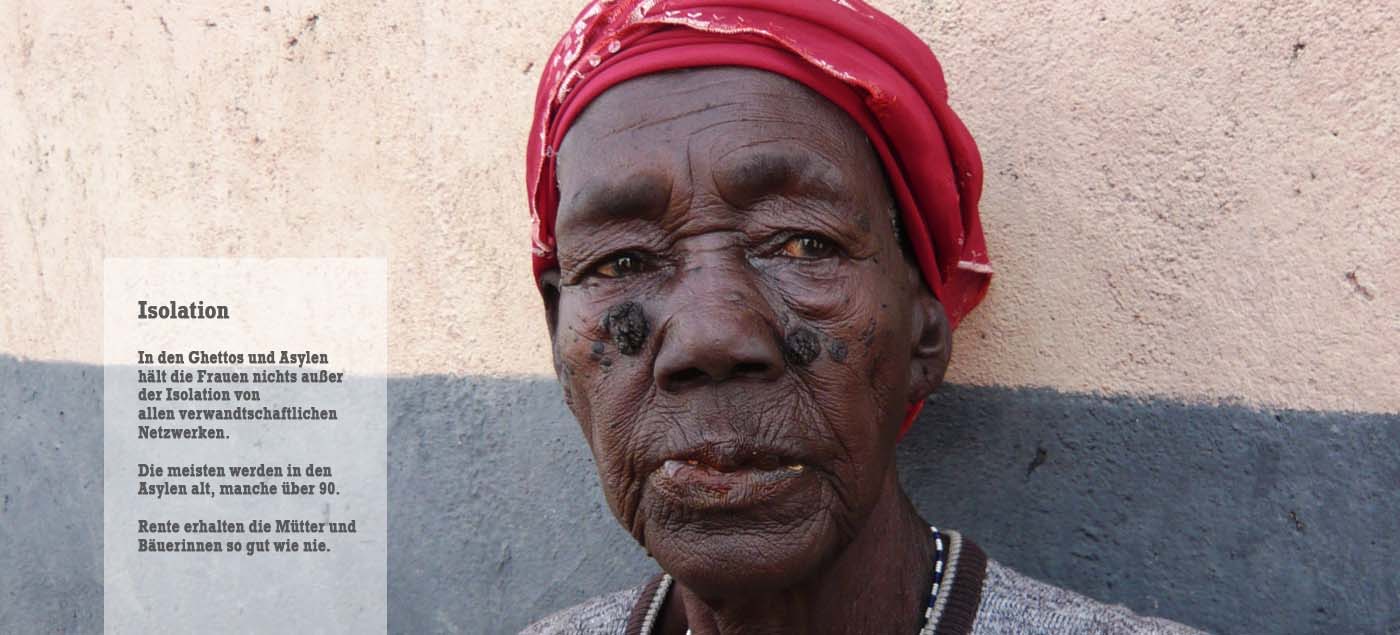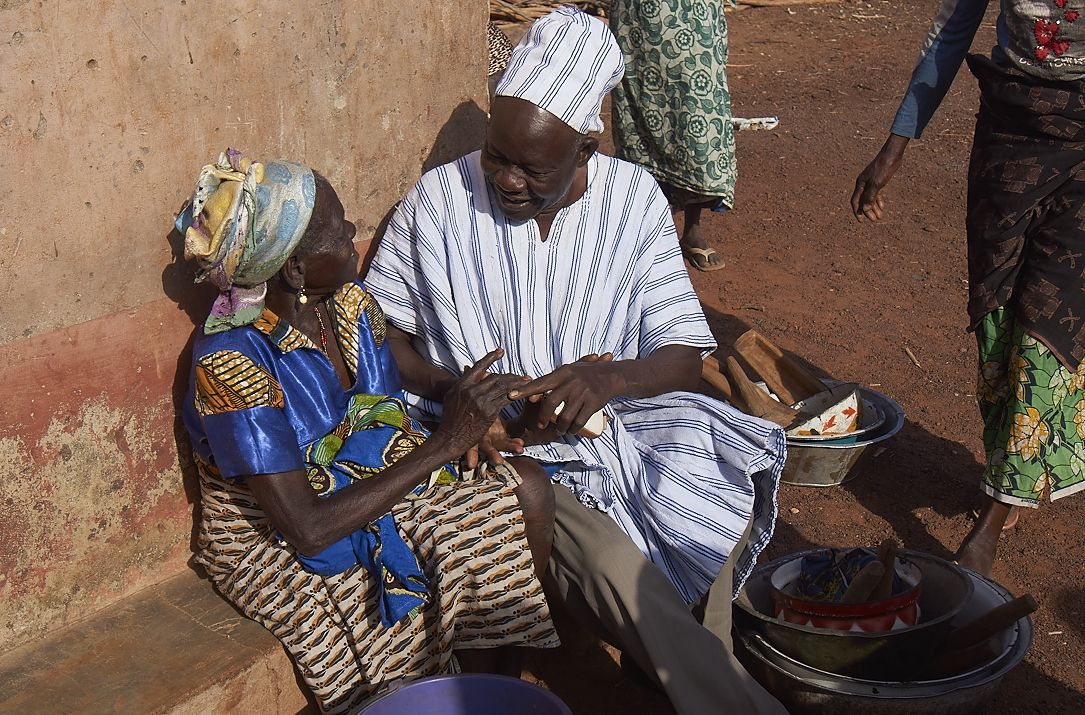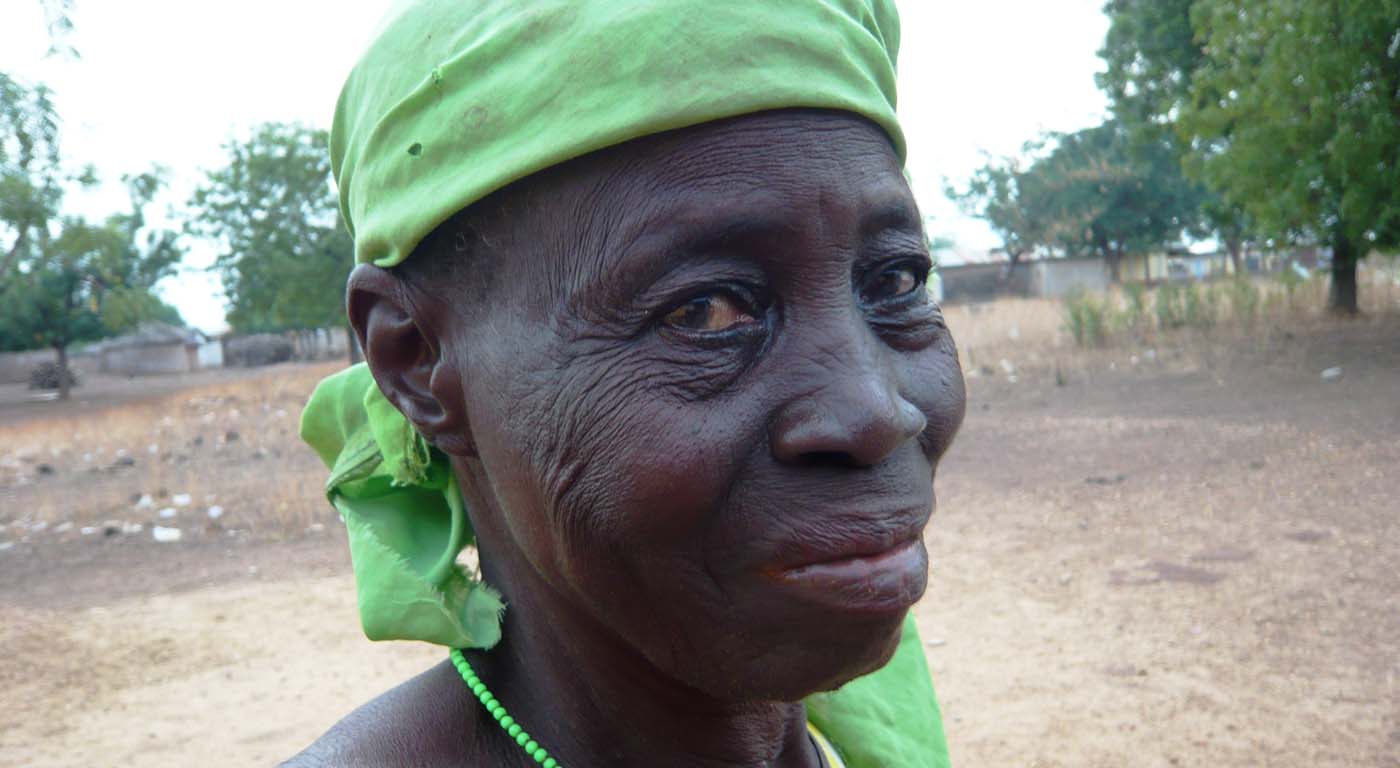The following travel-guide informs tourists and volunteers about some basic facts. We would like to encourage our donors to visit Ghana, we also look out for volunteers. For hotel-adresses and sensations pick the Bradt-Travel-Guide.
1. Medicine
Visit a physician for tropical diseases at least half a year before your journey. Vaccinations should be spread over time to lower risks of side-effects. You won’t get a visum without a valid vaccination against yellow-fever. Highly recommended are vaccinations against typhoid, meningitis, polio, measels, rabies. Hospitals are quite good in Ghana, but rabies is a 100% deadly disease. Cholera is spreading in Accra every year with dozends of death cases, the oral vaccination gives 50% protection. Measels have the tendency to cripple the victims, don’t underestimate measels.
Take malaria serious. It kills. There is no reason to freak out after every mosquito bite, and most people survive in urban conditions with proper treatment. It is crucial to reduce the likeliness of infections and to treat early. Malaria has an incubation period of at least five to seven or more days.
To avoid malaria, buy a LLIN (LongLastingImpregnationNet) with tropical mesh width, to allow venting. Bring a hook and a line. Wash it cold, once, as the impregnation tends to induce itching.
I detested sprays and repellents, but you have to have at least one bottle. DEET or Bayrepel are ingredients that do the job. Citronella is not sufficient. Coils are used throughout Ghana, nonetheless. You might get bitten in daytimes, too, as mosquitoes tend to hide under seats of busses and furniture. Mosquitoes are most active in twilight. Don’t rely on the nets in windows of hotel-rooms. I have met no such a net without holes.
Malarone should be taken as a prophylaxis. Doxycycline is also recommended by the WHO, the antibiotic blocks the plasmodiums cycle in the liver. It is good for longer stays. Lariam should not be used anymore. Artemefer is only used for treatment, but not for prophylaxis. Stay away from homeopathy. It does not work. Report the practitioner to the police, if he/she recommends it as treatment or prophylaxis. Another person might die.
Mosqitoes avoid cold. Air-condition keeps them out, a fan is useless. AC is useless without window-glass.
In the north, you won’t have many mosquitoes in high dry-season, but in rain-season they spawn. You should enjoy evenings outside nonetheless, the sky is beautiful in the north. Try to avoid alcohol abuse in tropical conditions and under medical treatment.
Hygiene is crucial, but most visitors to any country contract diarrhea at some point due to unfamiliar germs. Wash your hands often. With food: “wash it, peel it, cook it or forget it”. Nonetheless, most food looks far more contagious than it is. Eggs are most often sold with plastic gloves or protection, smoked fish bakes in the sun without harm, meat is sold among flies, but always fresh from the butcher, popsicles are sold half molten or refreezed but serious food-poisoning is rare even among tourists.
Sun is dreadful in Ghana. Protect your skin with all means.
2. Buying your ticket
Most flights are around 500-800 Euros including return. Inside Ghana, Antrak-Air goes to Tamale for 80-120 Euro one way.
3. Visa
Check the Ghanaian embassy in your country. In Germany, 10 days are common for a Visum, which is rather quick.
Accra Airport now offers Visa at arrival, but you shouldn’t rely on this.
It is no problem to extend your permit at the offices in Ghana, and no, you won’t need to bribe someone or “bring a present”.
4. Money
You can check the current rate of the GhanaCedi (GhS) at http://www.Oanda.com. Inflation is rather high around 8 percent.
You can withdraw money at the VISA-ATM in front of the airport, when you leave the terminal. Most banks offer ATM with Visa, all larger towns have their Barclays. Especially in the northern hinterlands you will have no ATMs for 100 miles or more, you need to bring all your money with you and withdraw only at Tamale or Bolgatanga.
You can always get a low-budget hotel for 4-6 Euro per Night. For 10-20 Euro you will get a rather decent room, sometimes with AC and toilet. For some reason, you will also find luxury hotels throughout Ghana that offer rooms for 100 Euro per night and more.
Food can be estimated around 4 Euro per day with chop-shops or 5-10 at restaurants, that always offer beef in green pepper with rice or similar “western” cuisine.
Busses are very cheap and still the best choice for travelling. Any town has “car”-stations. No one says “trotro” anymore, don’t ask for “trotros”. Busses connect all towns and cities, MTN is without AC, STC is with AC and connects only larger cities.
Taxis offer shared transport, they also pass fixed routes and pick up passengers along the way until they are full. Just ask for your station (like Kaneshie-Market, Nkrumah-circle, Cape Coast), as any Ghanaian unfamiliar to the town would do. Anyone will help you, as he/she would help any Ghanaian. If you want to travel alone, ask an empty car for “dropping”. This is western taxi-service and costs you between 3 and 10 Euro depending on the distance in a city.
5. Stuff to pack.
Leave your snake-protection-shoes at home. Ghanaians kill any snake they can find, and they see them better than you. You can buy anything in Ghana. Flip-Flops for one Euro and business-shoes.
You won’t need a kettle nor chemicals for water-treatment.
You need a mosquito-net, LLIN, a multitool (don’t carry it into the plane!) and two or three mobile-phones. Anything else you will find at the markets, Accra and Kumasi have malls.
6. Small presents
You can always give some money, but some people reject it at first. Offer it politely and also again: “for the children” or “for your daughters school-fees”. Don’t force tips on people, Ghanaians are rather uncomfortable with presents from strangers but all are in desperate need of money.
Some NGO’s still collect used pencils and biros. Please, don’t buy pencils in Europe. You can buy pens and pencils all over the place in Ghana, at every small shop. What you could do is to buy some proper art crayons together with proper paper for a single, special child whom you want to paint some nice pictures.
You can also buy LED-bulbs and torches anywhere, all chinese-produced electronics are available in Ghana. There is no need to bring them in by plane.
Bring in celll-phones. Used ones, new ones, big ones, small ones. Any Ghanaian needs a second cell-phone. High-quality electronics and tools, soccer-shoes and footballs are in need everywhere. You don’t need to bring any food – Ghanaians are quite happy with their own food. Only for yourself you might need some cheese and musli.
English books are also a nice present, mainly educational literature about volcanoes, dinosaurs, nature in general is extremely scarce in Ghana.
All presents are to be given to parents and not to children. Ghanaians are afraid of their children getting corrupted or worse: infected with witch-spirits that prefer to sit on presents.
Any other present than the said might end up as a trophy rather than being used.
With street vendors, you can accept their price and avoid bartering. Barter only if you think, it is too expensive. Most Ghanaians don’t like bartering, but they will do so only if there is a serious disagreement about the price. Most everyday items have fixed prices that vary according to seasons (tomatoes). You can hesitate, ask twice and if the vendor does not reduce it, buy it or leave it. Food is expensive in Ghana, especially compared to Germany.
Some NGO-Shops sell “recycling”-bags and art of questionable prices and use. Ghanaians don’t “recycle” things all the time. You won’t find bottles, and you will pay extra, if you loose your beer-bottle. But no one recycles plastic-bags. Ghana needs waste-allocation and proper refuse incinerators. Aside from a few exceptions (like tins and bottles) the “recycling African” is a myth.
7. Seasons
You should plan at least three weeks. Transfer between all cities will take one day. Cape-Coast to Bolgatanga can be done in 20 hours, Accra to Cape Coast in four hours.
There are lodges and hideouts anywhere. You will find a place to stay in almost all southern parts of the country and in many of the north.
Try to visit the north, too. It is lovely in early rain season and with its light greens it seems to resemble European countrysides more than the south with its tall trees and the dark green bush.
8. Food
Many people are afraid to order vegetarian food. But many Ghanaians can’t afford meat either. No one will force you to eat meat or fish, you can feign a religious taboo or an allergy. But if you order soup at chop-bars, the meat will be cooked inside. You can still order without meat, as it is sold in pieces from the soup.
You are not forced to eat with hands, but it is polite to do so. Nonetheless, no one will mind if you bring your own spoon.
If you are desperate and a hopeless case, what Fufu and Banku concerns, ask for “Ebrohwe” (Äbroschwä), grilled or boiled corn cobs. In the north you will like Wagashi, grilled cheese. Also spaghetti are sold increasingly. For breakfast, order “Bo-fruit”, it is sold in public places. Or spring-rolls. In high-noon and especially in the evenings, khebap is sold anywhere, try to avoid “gizzard”-khebab, if it is too tough for you, and ask for beef. Try the sausages that are sold with pepper.
The sweet and soft white bread in Ghana is hardly edible, unless you are from Great Britain or the USA.
9. Manners
Try to stay british in Ghana. Say “please” and “thank you” often, especially if you are from Germany and not used to do so.
If someone calls you “obroni”, accept that as customs and greet back or ignore it. Some whites buy T-shirts imprinted with: “Don’t call me Obroni”. That’s impolite. Just reply with “Obibini! I’m fine, thank you!”
Ghana has a low crime rate compared to European cities. Whites will almost never be attacked for no reason. Pickpockets do exist, but it is common, that someone helps you to retrieve a lost suitcase successfully. Often thiefs are hospitalized or killed by lynchmobs. Think twice before you accuse someone in front of a mob. On bus-stations you can relax, most of the times no one will steal your backpack or suitcase from the trunk.
Don’t expect service, where staff can expect to be paid only 40 Euro a month or less.
10. Gushiegu
We welcome visits in Gushiegu. Please contact us in advance. We assist with anything and make contacts. Mai/June might be the best season for a visit, as the beginning rain-season regreens the trees and fields, an adorable sight. Birdwatchers will like the swamps and rivers. Gushiegu offers nothing else in terms of tourism, but it does have a simple but modern clinic and a policlinic.
You start in Tamale, where you stayed for the night. The central lorry-station in Tamale offers busses to Gushiegu, the MTN leaves at the MTN-station. They tend to leave early, around 5am. If there’s no flood, you might be in Gushiegu three hours later.
The eastern road through Hohoe and Bimbilla remains rough. If you are short in time, Tamale is the better option.
In Gushiegu, there are no proper guesthouses. The only accomodation has two simple rooms. We can also organize a reservation or find another place, if you ask in advance.
This post is also available in: German




